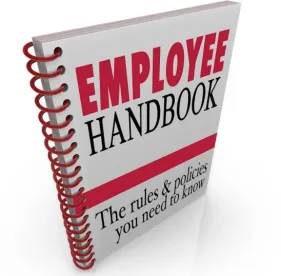Employers may regulate the length, style, and neatness of employees’ hair in the workplace through so-called grooming policies, unless the hair style is a matter of sincere religious observance posing no more than a minimal burden on the employer. A more complicated issue arises when grooming policies prohibit certain hairstyles that are culturally associated with race, such as dreadlocks. Untangling this issue, on which few courts have spoken, the U.S. Eleventh Circuit Court of Appeals (binding in Alabama, Georgia, and Florida) held that employers may enforce a grooming policy that prohibits dreadlocks, despite a close cultural association to race.
In Equal Employment Opportunity Commission v. Catastrophe Management Solutions, 852 F.3d 1018 (11th Cir. 2016), the Eleventh Circuit affirmed that Title VII protects against discrimination based on certain immutable characteristics, including race and sex. On the other hand, Title VII’s mandate of equal employment opportunity does not prohibit discrimination based on practices that are culturally associated, even closely, with race or sex. This reasoning aligns with the long-standing authority that employers may impose different hair-length and other grooming requirements for men and women.
The employer in Catastrophe Management Solutions did not violate the law by denying a job offer to an African-American applicant who refused to cut her dreadlocks in order to secure a job. Thus, in Alabama, Georgia, and Florida, grooming policies that explicitly prohibit dreadlocks or other hairstyles with a cultural significance closely tied to race may be enforced.
This issue is complicated by the fact that Title VII does not define “race.” Courts outside the Eleventh Circuit may interpret Title VII differently, by taking a different view of the breadth of Title VII, or a different functional definition of race. The hairy issue of hair in the workplace in many states presents yet another reason to have an employee handbook regularly reviewed by experienced legal counsel.




 />i
/>i
